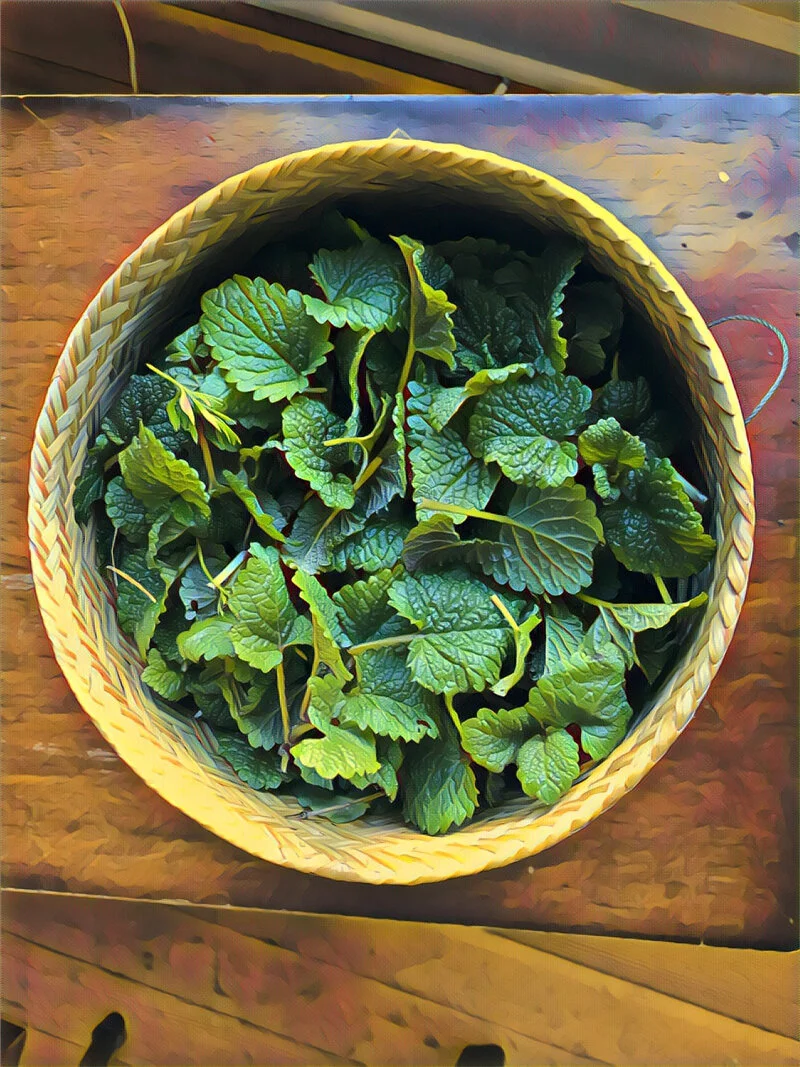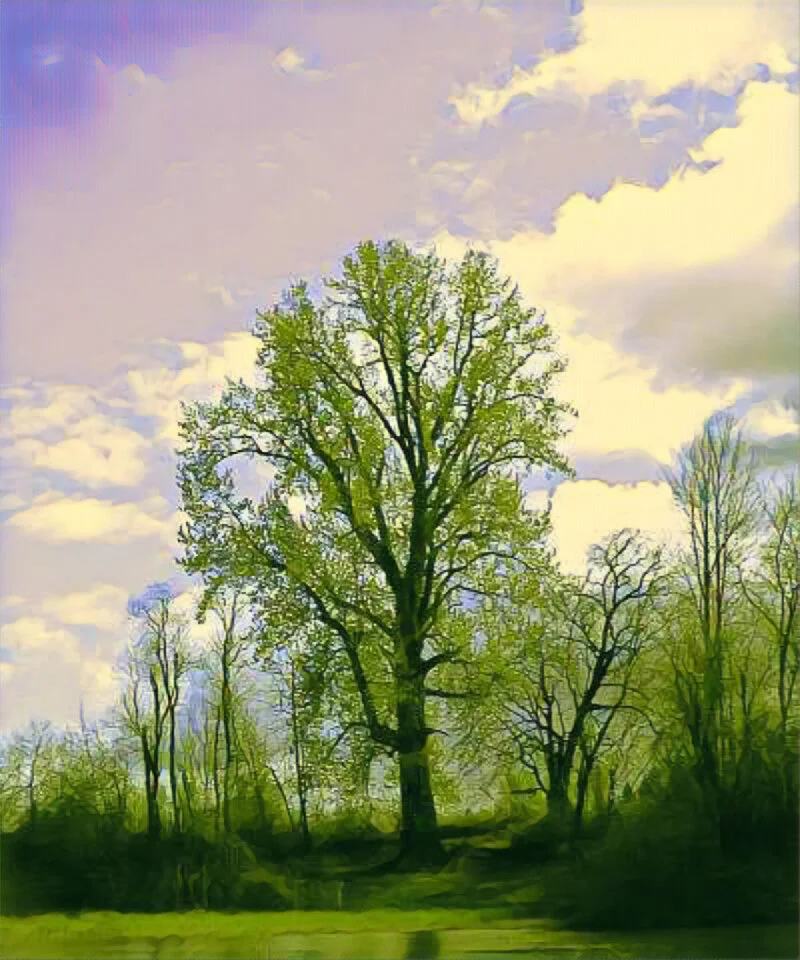Right around the Spring equinox there in Portland Oregon the dandelions (Taraxacum officicinale) start to sprout up like some wild jagged toothed friendly golden haired freaks from down the road. These are the botanical creatures that drive many home owners nuts. You can see them with their cans of spray desperately trying to eradicate anything but the tame blades of grass that carpet their lawn front and back. Dandelion is seen as a scourge, an enemy to be controlled and eliminated. But dandelion is unruly, doesn’t listen very well- sprouts wherever it can find a foothold and doesn’t easily leave its perch once well established. Queen of the weeds, friend to every herbalist, dandelion has much to offer and we would do well to tend her patches and bring her into our life as a dear friend.
All tagged Herbs
Yarrow
In June of last year I hiked up a small mountain along the Columbia River Gorge to take in the view with my wife. I pulled out a knife to cut back a blackberry vine and inadvertently sliced myself along my hand. It was a deep cut and I knew it was going to be a problem that needed emergency care and stitches. We were a good hour from the base and then another half hour to Hood River- the nearest town. I was worried about severe bleeding and I looked around and found some yarrow growing near me. I cut off a stalk and quickly chewed up some of it while my wife ripped some cloth from an old t-shirt in her backpack. I wrapped my wound with the yarrow and the bandage as a poultice and we started quickly walking down the trail. I kept looking for signs that the copious blood flow was seeping out through the cloth and to change the poultice if need be- but I was surprised to see there was no need for changing dressing.
Nutritive Herbs
In this article I want to explore perhaps the most important way of working with herbs. For many people when they think of herbal medicine they are thinking of a direct action that will have a specific effect on the body- relaxing, stimulating, anti-inflammatory, analgesic, immunostimulating, etc. But while these all have their place, one of the most important “actions” of herbs is to simply nourish us. When we take in plants and fungi that are nutritively dense, we help create a terrain in the body that makes it harder for disease arise. This is the basics of most dietary advice- eat nutrient dense food filled with vitamins, minerals, flavonoids and anti-oxidants that will help strengthen and nourish the body.
Nervines
Outside my house is a tall quick growing mimosa tree (Albizia julibrisin). In the summer time thousands of bright pink Dr. Seuss like puff ball flowers emerge and gently sway in the breeze. Just resting under the tree and looking up is magical, uplifting and relaxing. In the evening the leaves close against each other, mimicking our same pattern of going to bed to sleep. In Japan it is called “Nemunoki” which means sleeping tree and in Iran its name means “night sleeper”. And indeed when we take mimosa as an herb it helps us not only feel uplifted but gently relaxed and as a helpful aid for sleep.
Lemon Balm
What is it about this small little weedy herb that makes people delight and kind of freak out? I’d like to think its because its one of the friendliest, most easy and versatile herbs out there. If it pops up in your garden you will have a hell of a time eradicating it. It just wants to grow and spread and take over and for herbalists thats mainly fine. You can throw it in teas, make it into a useful tincture, infuse it in honey, add it to cordials, steam them for respiratorry conditions, throw a few leaves in salads and make it into a wonderful hydrosol for cleaning, skin care and as a room freshener.
Oregon Grape
Walk through a forest near my home in Portland, Oregon and you will often find Oregon Grape carpeting wide swaths of land. In city and suburban gardens, the taller Oregon Grape (Berberis aquifolium) is often planted as a hardy perennial for its pretty year round glossy green foliage, yellow flowers and blueberries. This is a plant that is near and dear to many herbalists as it is deeply useful for a variety of health complaints.
Bitter Herbs: Nature’s Great Healers
Imagine yourself at the beach soaking in the sunshine and occasionally dipping your toes in the ocean. For some this would be paradise that we would never want to end. But for many of us we would get…well…bored. Humans love to climb mountains, push ourselves in an exercise class, travel to challenging environments and spend additional energy working hard on something we are interested in. Without challenges most of us would get a little soft and complacent. We need some stressors to build more resiliency, to gain skills, deepen our experience and to grow as humans.
Black Cottonwood
On an early saturday morning in January and I drive out to the Sandy river as it empties into the Columbia. Along the banks tall fast growing black cottonwoods sprout like weeds. I can smell the rich fragrant scent from far away. Sweet resin exudes from the newly formed reddish brown buds. A recent windstorm has downed a couple tall trees and their branches hang heavy with aromatic perfume. I bend down and make a few prayers. Here in the Northwest this is the start off the gathering season. Black cottonwood (Populus trichocarpa) delivers her medicine and magic as a gift to the winds. Breathe in that overwhelming sweet luxurious hedonic scent. The perfume smells like a warm bath, like soft sunshine on the belly, like a gift for those who are scared, grieving, sad.








